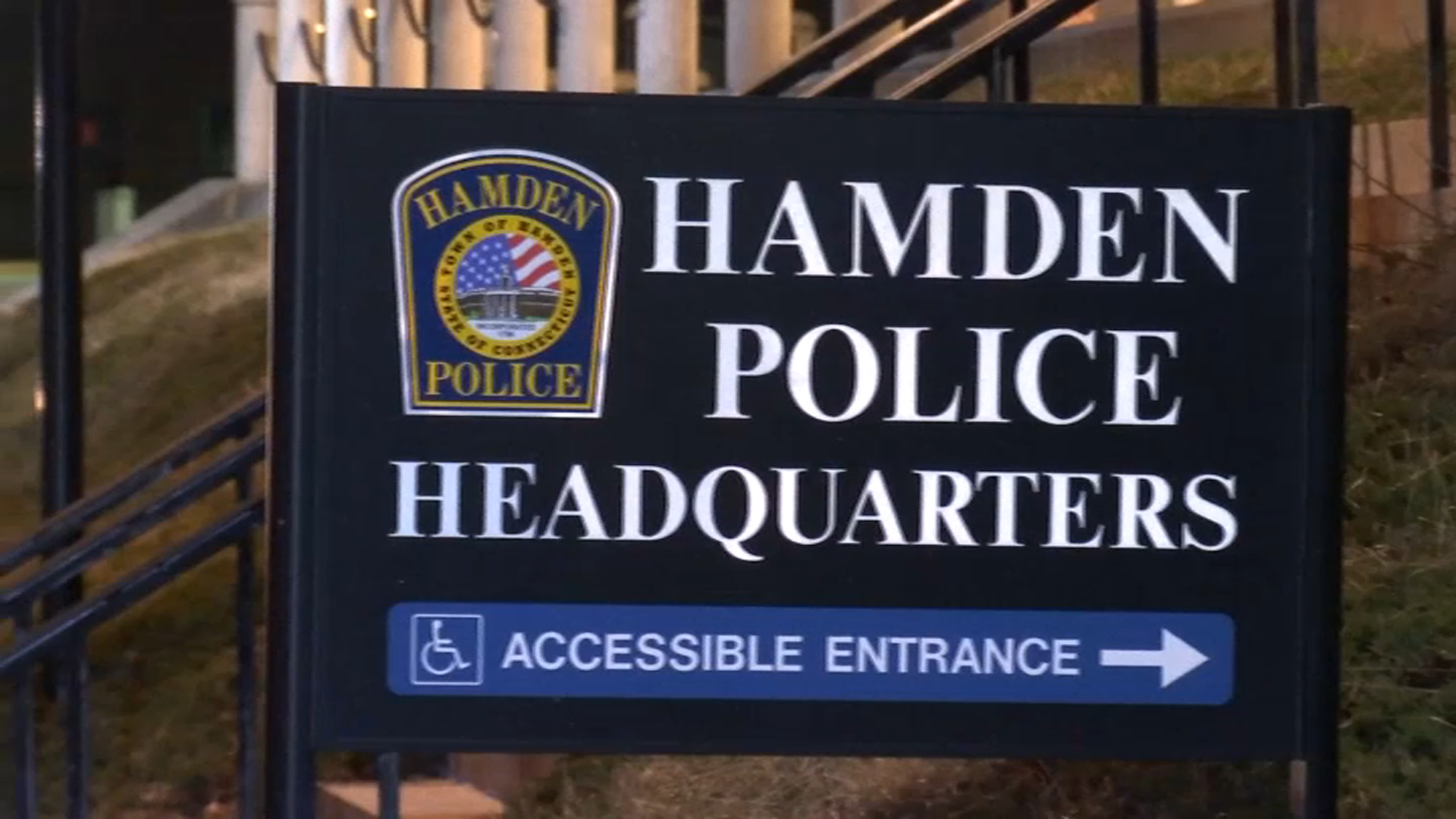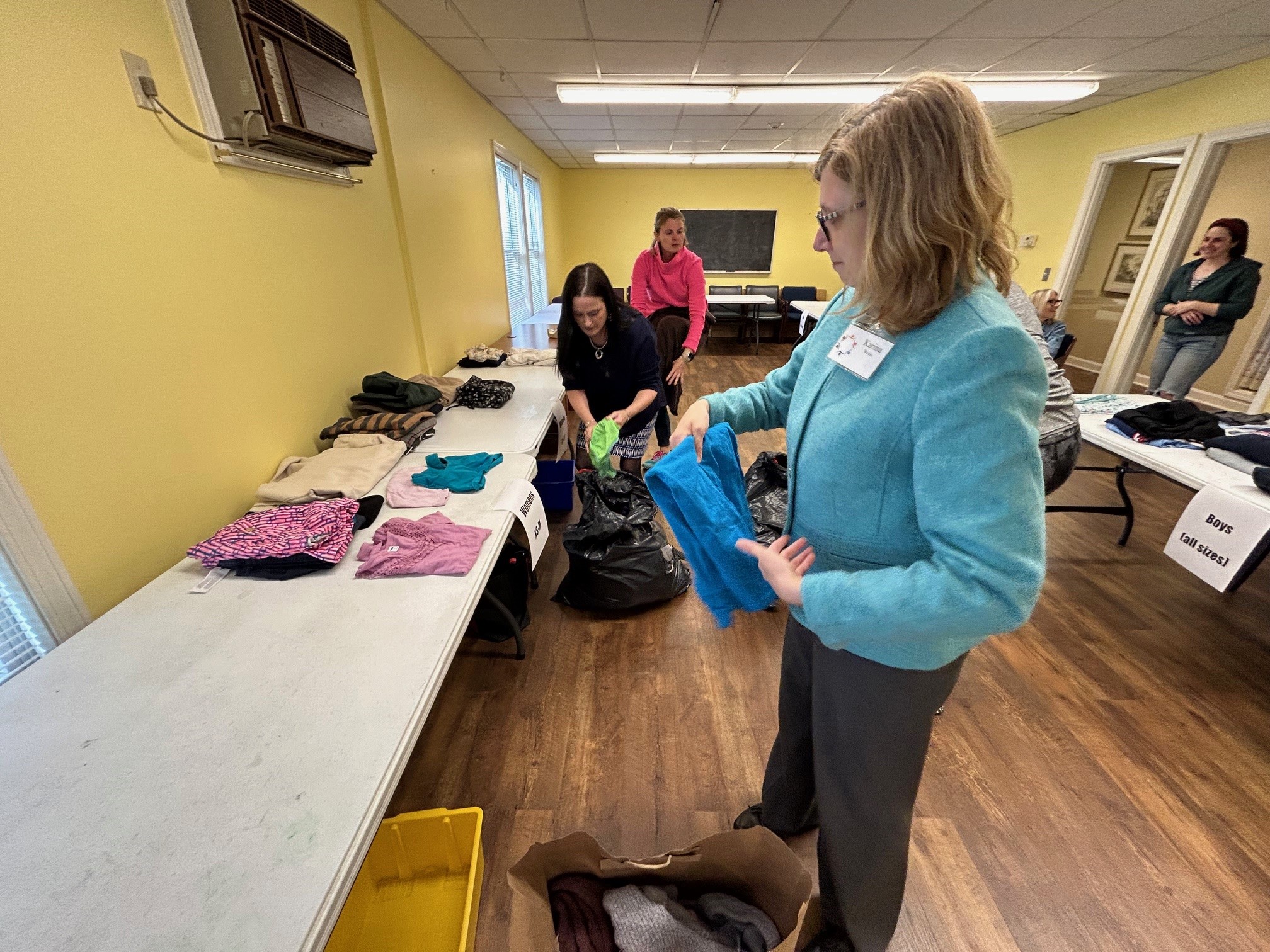A day after Derek Chauvin was convicted for the murder of George Floyd, mental health and diversity experts are helping people process all of the emotions while also working to bring forth change.
Dr. Maysa Akbar is the Chief Diversity Officer at the American Psychological Association and a clinical psychologist who described to NBC Connecticut how people were feeling once there was a verdict in the Derek Chauvin trial.
"A lot of people told me they couldn't concentrate, they couldn't focus on work and their stomachs were in knots," said Dr. Akbar. "The anticipation was so unclear about what would actually happen as it related to the verdict."
Dr. Akbar also described the coupling of the COVID-19 pandemic and the racial trauma that many people of color have experienced through the last year.
Get Connecticut local news, weather forecasts and entertainment stories to your inbox. Sign up for NBC Connecticut newsletters.
"The numerous pandemics that have happened over the last 18 months has led to many people being under an incredible amount of psychological distress," said Dr. Akbar. "At this point, I think a lot of people, especially a lot of people of color, are really at a breaking point."
Dr. Akbar provided these tips for those who may need to take a step back and be in touch with their emotional well-being: Seek mental health treatment if possible, lean into your network and community, develop boundaries and limit the amount of exposure to trama-like content.
"I think a lot of times in the black communities, there's a stigma to mental health and so we have to get the word out that it's okay to seek help when you have several events that may lead to mental trauma," said Dr. Akbar.
Local
Following the killing of George Floyd in 2020, there was an outpouring of support from different races and backgrounds to offer support.
Dr. Anita Davis is the Vice President of Diversity, Equity, and Inclusion at Trinity College and talked about the important of having white allyship.
"A lot of times people will use ally, advocate, accomplice and basically what all that means is people who are willing to fight for issues of racial, social justice broadly construed," said Dr. Davis. "Those are the folks who say I'm in it, I want to be a part of the work and count me in."
Dr. Davis also offered these four tips for individuals who want to be an ally, but may not know where to start: Put forth action, not just talk. You have to rethink sharing all of your ideas about what needs to happen to make the world a better for Black people.
One suggestion could be asking what kind of help might your Black friends and colleagues need and then follow through with action.
Help other white people recognize racism. "It's okay to have those uncomfortable conversations," said Dr. Davis.
Educate yourself. This does not include asking your Black friends and colleagues to educate you, instead do your own research.
"People's experiences change and we need to be able to push ourselves to grow and realize it's a journey which can sometimes be uncomfortable and people have to be okay with being uncomfortable in order to grow," said Dr. Davis.
State Representative Brandon McGee has also been working to with his white counterparts when making legislation.
"Sometimes, it's hard to get people to understand your struggle and your lived experiences but I've tried to really spend time with my white allies to understand our plight" said McGee. "I've tried to use this year's pandemic as an opportunity to raise the profile of many of the issues that my colleagues and I have been faced with and have been talking about through policy and through conversations.



